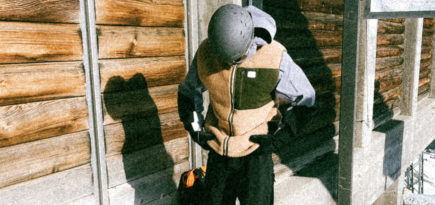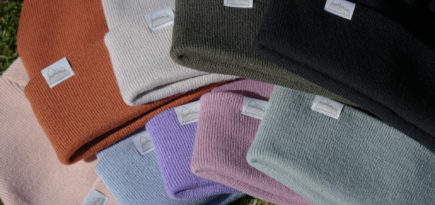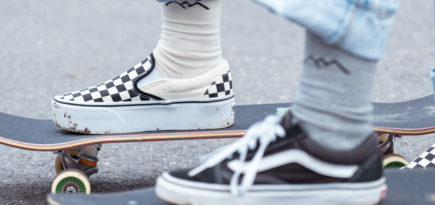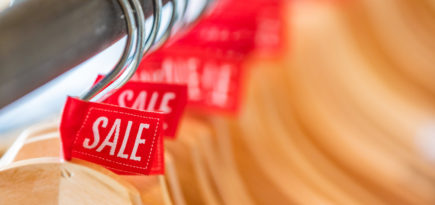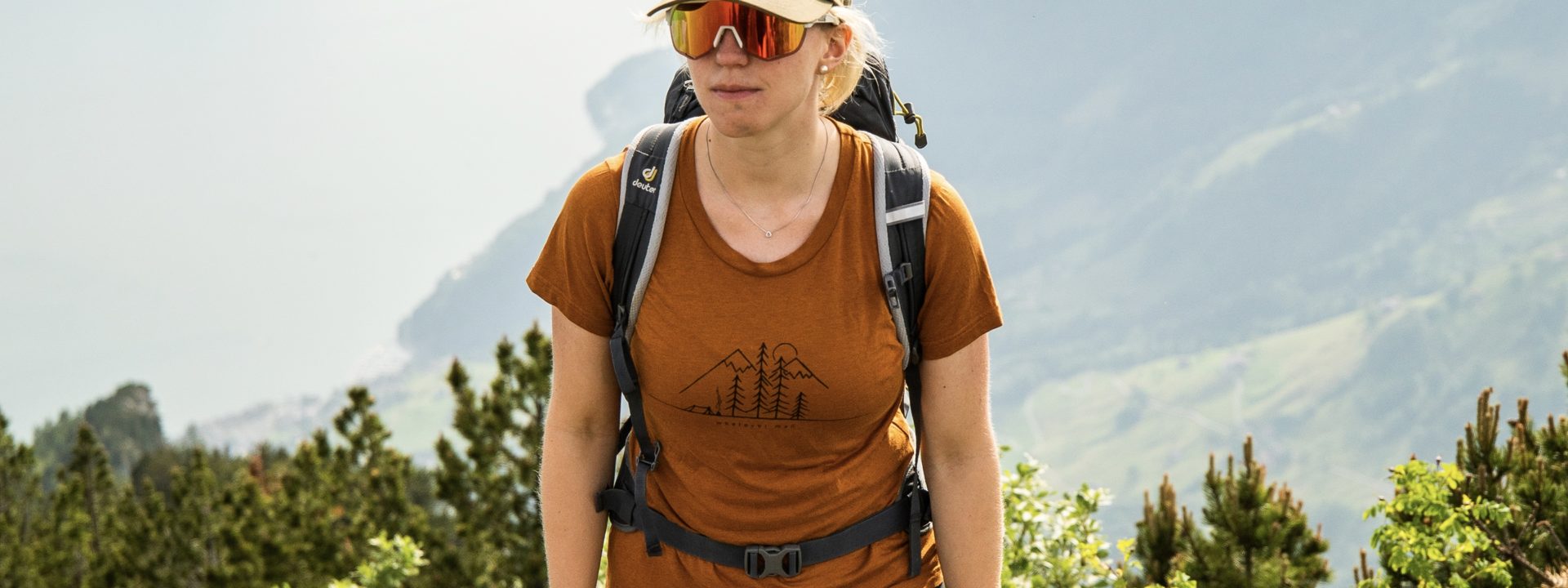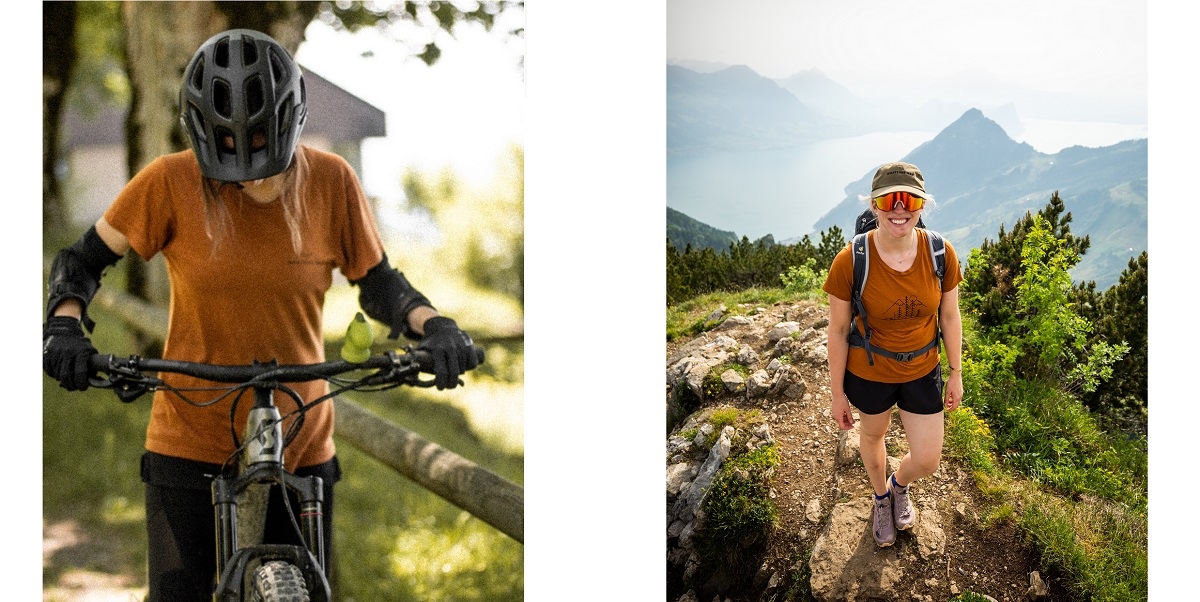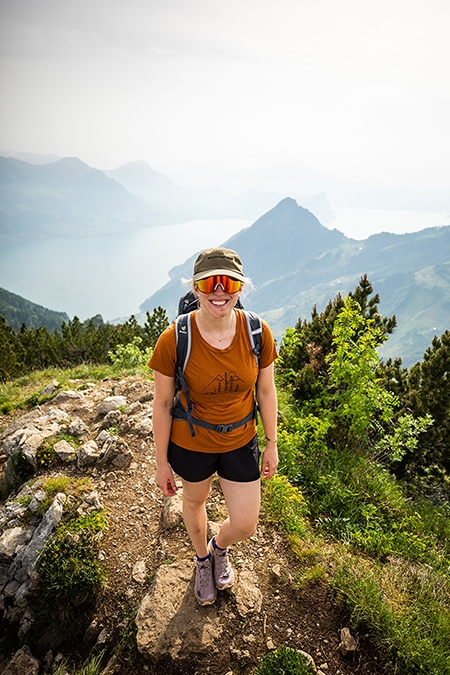Our product range expands with sustainable fabrics
In our 2021 summer collection, for the first time, you´ll find four shirts made of Lyocell. Maybe you've never heard of Lyocell or Tencel® - no big deal! That´s why we wrote this blog. You can learn everything about this natural fibre, its advantages and how it is produced, right here.

